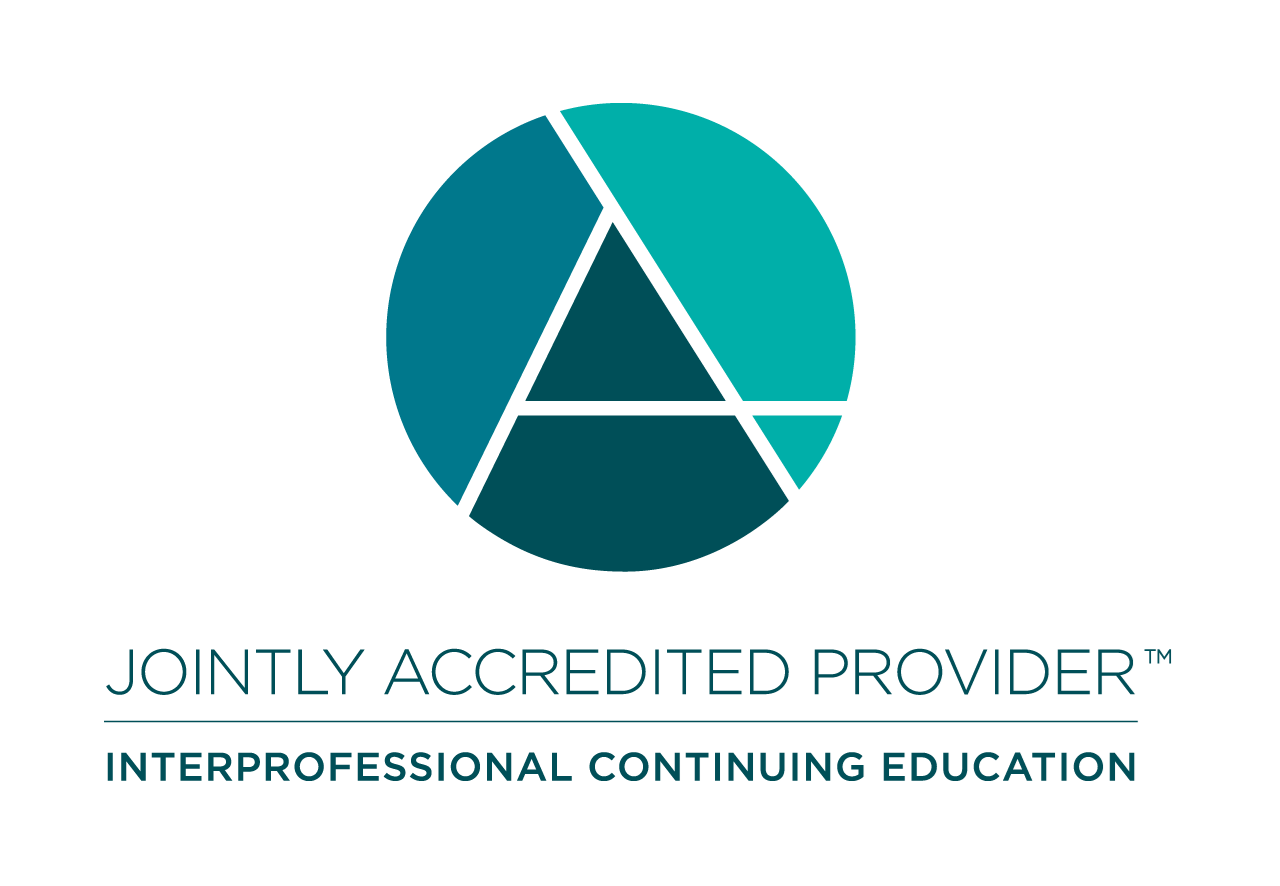Operations: Strategic, Proactive Thinking for Strong Systems
Strategies that have worked in the past are no longer relevant for the future. C-suite executives have been catapulted into complex supply chain challenges and related disruptions, and healthcare facilities have struggled to accommodate an influx of COVID-19 patients. “Rethinking Healthcare Facility Design Post-Pandemic” discusses the future of healthcare design and operations, developing flexible and adaptable spaces that ensure systems are prepared to swiftly respond to all potential threats—pandemics, natural disasters, violence and terrorism. And, in the event of disruption, it’s imperative to ensure that suppliers and the C-suite are communicating. “The New Supply Chain Paradigm: C-Suite Strategies for Supply Chain Reengineering” offers insight into how health systems can reevaluate the supply chain: plan reserve stocks, alter their approaches to strategic supplier management, define the roles key distributors and manufacturers will play going forward, migrate from transactional relationships to strategic partnerships with suppliers, and implement best practices for managing surge inventories. Finally, the systems of the future will rely more extensively on partnership, making it crucial to navigate conflict effectively to bolster trust. “New Strategies in Service Line Co-Management: Case Studies of Turning Conflict into Partnering” delves into the art of creating boundaries for more effective dealmaking.
Learning Objectives:
- Illustrate how healthcare facilities can swiftly respond to disasters, such as a pandemic, from an operations perspective.
- Interpret future implications of technology and operations in the planning and design of healthcare facilities.
- Receive insights into strengthening the integration between the C-suite and the supply chain operations.
- Discuss best practices for strategic planning for the reengineering of the supply chain and the roles for the C-suite.
- Describe how to navigate challenges with conflict and low trust between physicians and hospitals to achieve enhanced physician-hospital partnering in key service lines.
- Explain how key Stark and Anti-Kickback requirements that apply to service line co-management arrangements create helpful boundaries for more effective dealmaking.
Rethinking Healthcare Facility Design Post-Pandemic
Presented By:
- Rob Schoeck, Healthcare Practice Leader, American Structurepoint
- Tim Putnam, DHA, FACHE, CEO/President, Margaret Mary Health
- Tracey Graham, DNP, APRN, Senior Healthcare Consultant, Hord Coplan Macht
- Jim Albert, Principal, Hord Coplan Macht
The New Supply Chain Paradigm: C-Suite Strategies for Supply Chain Reengineering
Presented By:
- James Wetrich, LFACHE, CEO, The Wetrich Group of Companies
- LeAnn Born, Vice President, Supply Chain, Fairview Health Services
New Strategies in Service Line Co-Management: Case Studies of Turning Conflict into Partnering
Presented By:
- Paul DePriest, MD, Executive Vice President/COO, Baptist Memorial Health Care Corporation
- Richard Sheff, MD, Chief Medical Officer, The Greeley Company
- Thomas D. Anthony, JD, Attorney, Frost Brown Todd, LLC
This session was originally presented at the 2021 Congress on Healthcare Leadership.
Continuing Education Credit
ACHE Qualifying Education Credit
This recording is eligible for 3 ACHE Qualifying Education credits.
ACHE Education credits will be automatically updated in your My ACHE account upon completion of the recording.
Interprofessional Continuing Education Credit
In support of improving patient care, the American College of Healthcare Executives is jointly accredited by the Accreditation Council for Continuing Medical Education (ACCME), the Accreditation Council for Pharmacy Education (ACPE), the American Nurses Credentialing Center (ANCC), and the American Academy of PAs (AAPA) to provide continuing education for the healthcare team.
This activity was planned by and for the healthcare team, and learners will receive a maximum of 3 Interprofessional Continuing Education (IPCE) credit for learning and change. For further information about Joint Accreditation credits and certificates, please click here.
Physician Continuing Medical Education
The American College of Healthcare Executives (ACHE) designates this live activity for a maximum of 3 AMA PRA Category 1 Credits™. Physicians should claim only the credit commensurate with the extent of their participation in the activity.
Continuing Nursing Education
The American College of Healthcare Executives designates this live activity for a maximum of 3 contact hours of continuing nursing education.
Continuing Pharmacy Education
The American College of Healthcare Executives designates this knowledge-based activity for a maximum 3 contact hours of continuing pharmacy education credit.
Continuing Social Work Education
The American College of Healthcare Executives designates this knowledge-based activity for a maximum 3 contact hours of continuing social work education credit.
Continuing Education for Dietitians
The American College of Healthcare Executives designates this knowledge-based activity for a maximum 3 contact hours of continuing education credit for Registered Dietitians and Dietetic Technicians, Registered. RDs and DTRs should enter activities offered by jointly accredited providers as type 102 on Professional Development Portfolio (PDP) activity logs. CPEUs awarded must be commensurate with participation in the activity.
Physician Associate/Physician Assistant Continuing Education
The American College of Healthcare Executives has been authorized by the American Academy of PAs (AAPA) to award AAPA Category 1 CME credit for activities planned in accordance with AAPA CME Criteria. This activity is designated for a maximum of 3 AAPA Category 1 CME credits. PAs should only claim credit commensurate with the extent of their participation.




